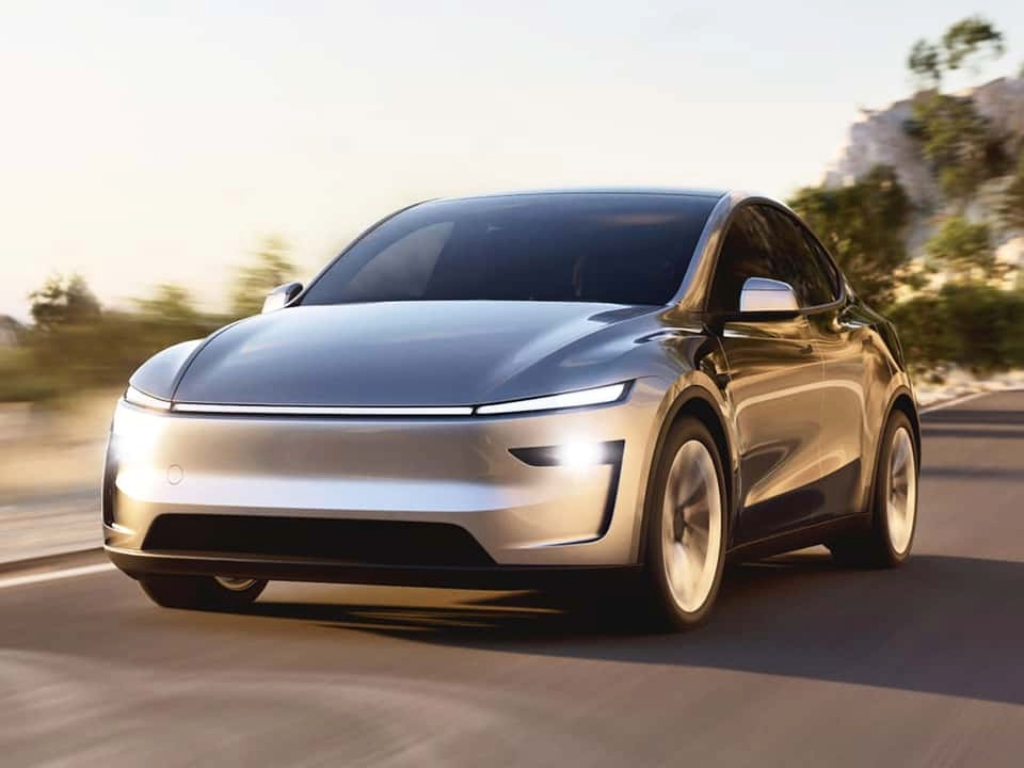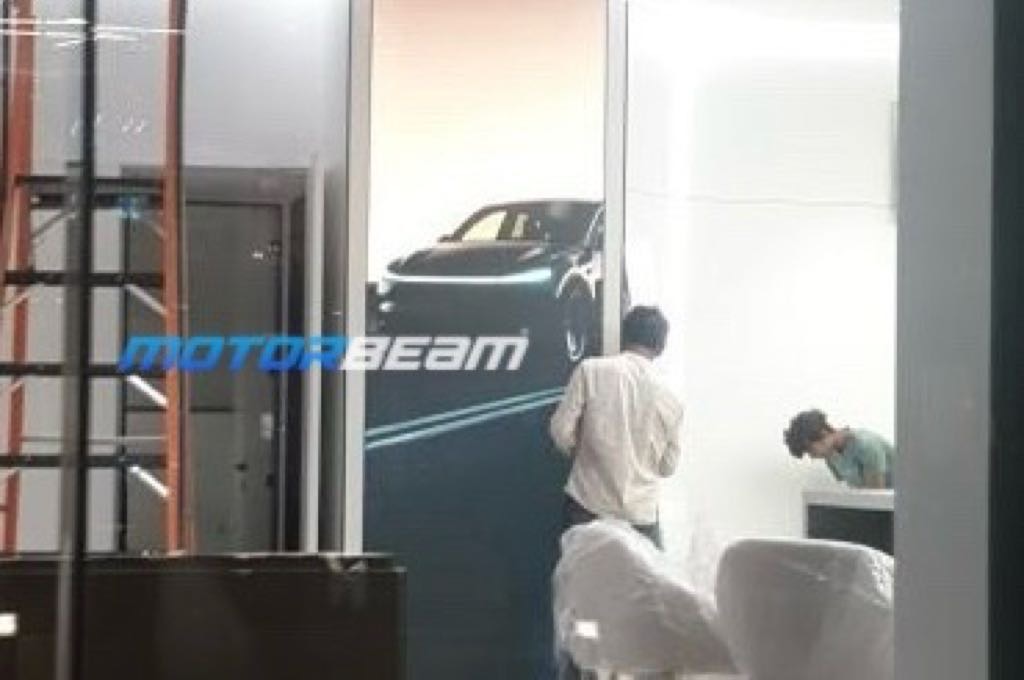

Tesla’s India Entry Tied To Trade Pact Momentum & Market Realities
July 17, 2025
0 Comments

Tesla’s India debut hinges on trade pact, pricing and long-term support
As Tesla prepares to open its first showroom in Mumbai, attention is turning to an upcoming trade agreement between India and the United States, which could significantly reshape the landscape for imported electric vehicles. The deal is expected to include automotive trade provisions and speculation suggests that duties on completely built units from the US could be lowered, something that would directly benefit Tesla’s market strategy in India.
Currently, Tesla plans to enter India via the CBU route rather than establishing local manufacturing operations. If import duties are relaxed to under 50%, combined with India’s 5% GST on electric vehicles, Tesla could price models like the Model Y more competitively. This would allow the brand to appeal to affluent Indian buyers, a demographic where interest in Tesla remains relatively strong despite growing global competition.
However, Tesla’s journey in India is unlikely to be seamless. While initial interest is expected to be high, especially in cities like Mumbai and Delhi, sustained demand may hinge on the company’s ability to deliver reliable after-sales service, build charging infrastructure and assure customers of long-term support and resale value. These are critical factors in a market that is still cautious about large investments in EVs.
Tesla’s allure as a premium and pioneering EV brand remains intact among early adopters. Yet, the global landscape has shifted. Chinese EV makers like BYD have emerged as formidable competitors, offering advanced features at aggressive prices, something Tesla has struggled to match. India’s ban on direct investments from Chinese automakers following border tensions has inadvertently opened a window for Tesla and other Western EV brands to strengthen their foothold.
Tesla’s global reputation has also seen mixed fortunes, with declining sales in parts of Europe and controversies surrounding its CEO, Elon Musk. Nevertheless, Indian policymakers have continued to court the brand, tailoring EV policies to align with its needs, even if the company opted not to invest in local manufacturing.
The potential India-US trade pact could be a game-changer for Tesla and other US automakers. If the agreement provides favourable terms for CBU imports, it may encourage other brands like Ford and Harley-Davidson to reconsider or expand their presence in India. However, such moves could trigger calls for similar concessions from companies already invested in India’s EV sector.
Tesla’s long-anticipated entry into India is finally taking shape but whether it becomes a transformative presence or remains a niche luxury brand will depend on how it navigates local expectations, competitive pricing and customer support. As the trade deal unfolds, the automotive industry, and governments on both sides, will be closely watching the next steps.

The post Tesla’s India Entry Tied To Trade Pact Momentum & Market Realities appeared first on MotorBeam.
Add a comment Cancel reply
Related posts

September 11, 2025
Skoda Vision O Concept Unveiled At IAA, Showcases The Brand’s Future Design Language Skoda has unveiled the Vision...

Tata.ev Megacharger Hub Launched In Mumbai
Shubham Kumar
September 11, 2025
Tata.ev Megacharger Hub Unveiled, Will Serve Private EV Owners, Taxis, Ride-Hailing Fleets, and Logistics Operators Tata Power partnered...

Nissan Magnite Price Reduced Amid GST Reforms
Shubham Kumar
September 10, 2025
Nissan Magnite Price Reduced Amid GST Reforms, CVT Tekna Variant Price Reduced By Rs. 1 Lakh Nissan has...

MG To Reduce SUV Prices Amid GST Reforms
Shubham Kumar
September 10, 2025
MG Reduces Prices Of SUVs Amid GST Reforms, Gloster To Benefit Up To Rs. 3.04 Lakh MG has...
We are the best cars listing platform in india.




